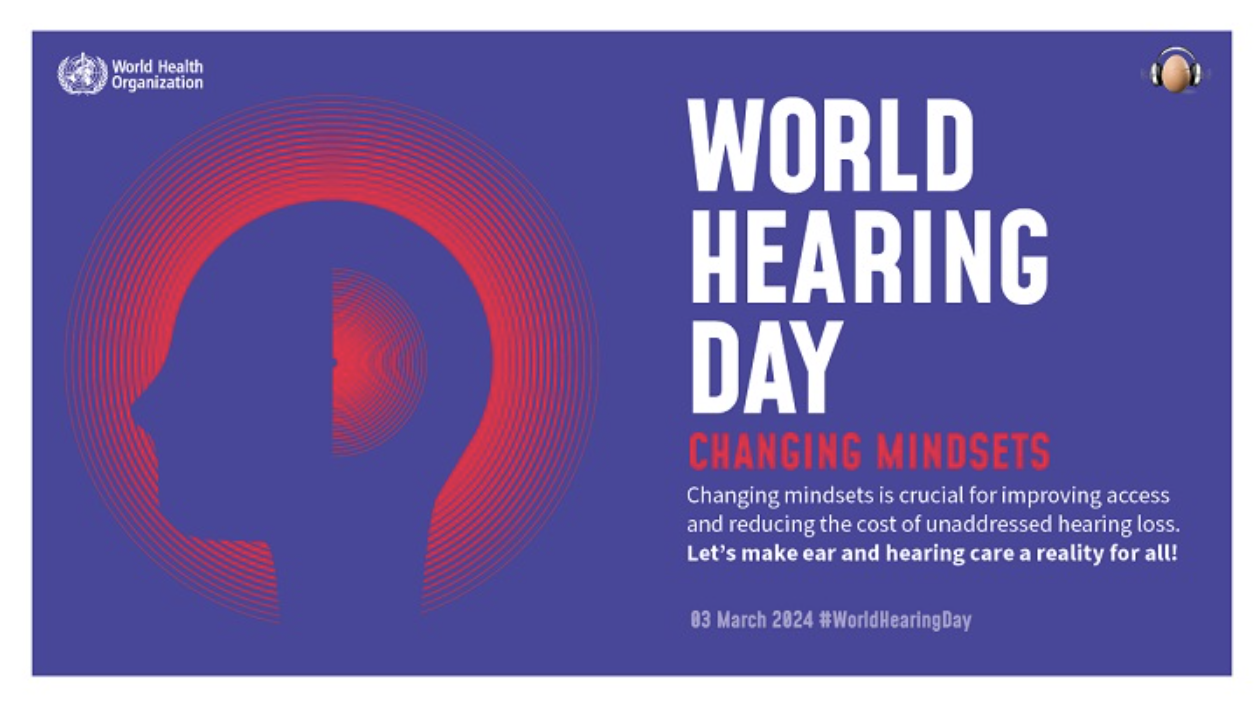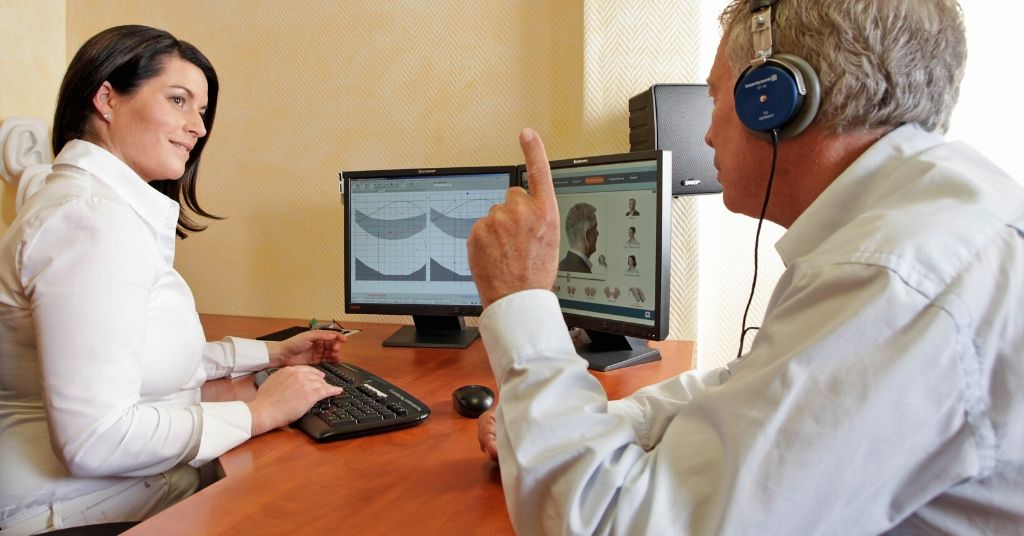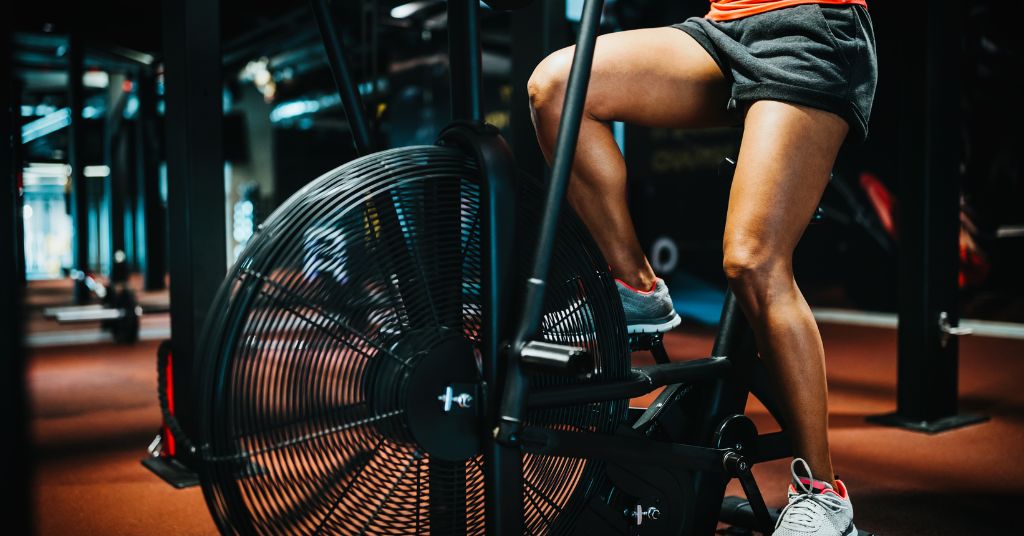
Is hearing loss a disability or challenge?
February 27, 2019
Surgeon who pioneered cochlear implant surgery gets his own device
March 1, 2019Yoga and meditation classes are challenging with hearing loss

When you prefer high-intensity workouts, adjusting to slower-paced activities like yoga and meditation isn’t easy. It’s even more challenging attempting them with a hearing loss.
As a soccer player, working out is a key part of my everyday life. Stretching and meditating regularly are things I’m really working to incorporate more frequently since they’re supposed to be beneficial.
But everyone’s always telling me, “You should do yoga! I love it, so you’ll love it!” or “Meditation classes have been the best for my mental and emotional well-being.” That all sounds lovely and great. I wish I was that excited about either of these exercises, but I’m just not.
Because of my soccer background, I will say that when it comes to physical activity, I tend to prefer high intensity, quick movement kind of stuff with loud music and sweaty people around me. Most often yoga is rather quiet and relatively sweat free.
Challenges
More than anything, though, when someone tries to drag me to yoga or meditation, my palms start to sweat, and I get anxious. I’m told this is precisely what these activities are supposed to help with. As a hard of hearing individual, I rely on lip reading. A. LOT. So the thought of being in a quiet room, with my eyes closed, while the instructor speaks at a barely audible level, stresses me out a good bit.
Both exercises focus so heavily on breathing, so I often miss what the instructor says because a) I can’t see them, b) I can’t hear them clearly, or c) I’m focused on my breathing. When my eyes are closed, it makes it extra hard to multi-task and know what the instructor has just told us to do. I get wrapped in my head trying to focus so hard on what’s being said that I often miss out on the benefits of these exercises.
“As individuals with hearing loss, we’re already working nearly twice as hard as our hearing peers. When the things we rely on are eliminated to an extent, it makes it even harder for us to participate fully.”
Solutions
Luckily there are different types of yoga classes with a range of how much “eye closing” there needs to be. Obviously, I opt for the classes that require the least amount of “closed eyes. This way, I can watch the movements of my classmates even if I can’t hear what the instructor is saying. The breathing I haven’t quite mastered. I do try to watch the breathing patterns of my classmates and pray that I catch on.
I learned recently that meditation can be as simple as allowing your mind to wander and being able to snap back to your breathing every so often. Realizing this did wonders for me. I can enjoy the benefits of meditating without worrying that I’m completely off key with the rest of the class. Meh, who am I kidding. I still stress about that, but thankfully there are meditation apps. This art can now be practiced in the privacy of my home, with the volume up as humanly as possible. I can also “cheat” and look at the screen without feeling guilty, like I’ve broken the rules and will be judged.
Read more: Hearing loss can be stressful. Here’s how to manage it
Perspective
I really wish it didn’t have to be so calculated and difficult to participate in these activities. That I have to specifically attempt to avoid other yoga classes can be quite frustrating. I feel like I’m “cheating” when I have to open my eyes or feel “dumb” when I’m a move behind the rest of the class. They always say that with yoga and meditation, you’re free to do your own thing (lie down if you don’t want to hold down-dog anymore, don’t listen to the meditation and let your mind wander, etc.). When you’re someone who’s constantly trying to stay on the same page as everyone else just to keep up, this does not resonate well.
I really love the concepts of yoga and meditation. I can see the benefits far outweigh the negatives. This is just another hurdle we have to deal with as individuals with hearing loss. I try not to get discouraged, as we’ve already overcome so many other speed bumps along the way.
You can read more from Ashley here.
Have you felt frustrated with yoga or meditation? Did you come up with any solutions?




